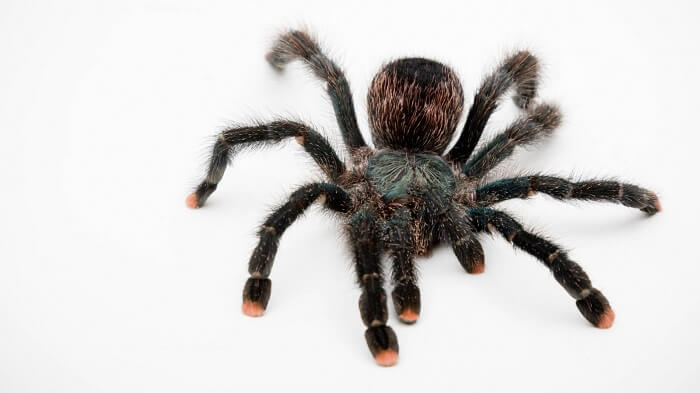Most people like Quesadillas due to their amazing tortillas, the unique seasoning, but also the cheese that would make you drool, along with any other pet around the house. When your dog starts to beg for a piece of what you’re eating, the first impulse is to share your food, but would this be a good idea?
Can dogs actually eat quesadillas?
Dogs can’t and should never eat quesadillas. This food will be a big hit for your dog’s digestive system, mainly due to the bad combination of ingredients like salt, seasoning, and cheese. It can cause your dog to suffer from an upset stomach even when you only let it have one bite.
You’re better off finding some other foods that would be just as tasteful for your dog but a lot easier to digest for its stomach.
Quesadillas will usually be bad due to one or more of the reasons below:
- Harmful Cheese
- Too Much Salt
- Harsh Seasoning
There are some ways in which quesadillas will cause your dog harm and I’ll go through them below.
You might also like my articles on whether dogs can eat yellow rice, oatmeal cream pies, or Teriyaki Chicken.
Don’t even consider the home-cooked alternative, because even though it will be made with better ingredients, it can still be very harmful to your pet.
Finding some alternative treats that you can give your dog while you are eating your favorite quesadilla is always the better option. In this way, you will make sure that your dog doesn’t drool all over you but at the same time, he eats something healthy as well.
Reasons To Avoid Feeding Your Dog Quesadillas
1. Harmful seasoning
 Let’s start with seasoning, and why it might be bad for your dog.
Let’s start with seasoning, and why it might be bad for your dog.
Most of the time, seasoning is pretty harsh on a dog’s stomach and will cause it to become upset, or, in some more severe cases, it can even lead to some nasty vomiting.
Vomiting, when excessive, can lead to even worse issues, like dehydration, so you should never ignore a dog that has this issue.
Getting a quesadilla from the store might prove to be even a worse idea than cooking one at home. The reason is pretty obvious and is mainly related to all the spices and other ingredients used for seasoning the quesadillas. Although your dog might seem to like its taste, the animal’s digestive system and especially its stomach might not like your idea.
It could end up with the cleaning of dog vomit which is never pleasant.
2. Dogs have a hard time digesting cheese as well
Yes, seasoning won’t be the only ingredient that won’t go well with a dog’s stomach. In fact, the cheese will also be a big hit on its digestive system.
You usually won’t be able to eat a quesadilla without it having cheese and in considerable amounts as well. So, when your dog begs for a bite, remember that letting them eat the cheese from a quesadilla, could lead to some nasty side effects on their health.
A dog’s stomach will have a really hard time digesting the type of cheese usually used in quesadillas, which means that you will have to deal with a dog with an upset stomach at the very least.
You won’t be able to give it a piece that has no seasoning and no cheese, and this is why it is always better to prevent them from eating any piece of the quesadilla.
3. Large amounts of salt
Dogs will usually have a lot of health-related issues when eating very salty meals.
Too much salt will put a lot of pressure on a dog’s cardiovascular system, and it might even be fatal in large amounts. You might not notice a quesadilla having all that salt because humans have gotten used to salt in time, but for your dog, this might lead to some extreme side effects on its health.
This isn’t something only related to quesadillas. You should try to avoid giving your dog any food that comes with high amounts of salt. This is to prevent them from getting dehydrated, or worse.
Final Words
So to wrap things up: Should you feed your dog quesadillas?
No. Under no circumstance should you give your dog quesadillas regardless of whether they are home-cooked or store-bought. Although dogs will want to taste everything you’re eating and most of the time it might seem that they like the food, remember that their digestive system is pretty different than ours and most foods that are good for us will put them at risk of developing different health conditions.




